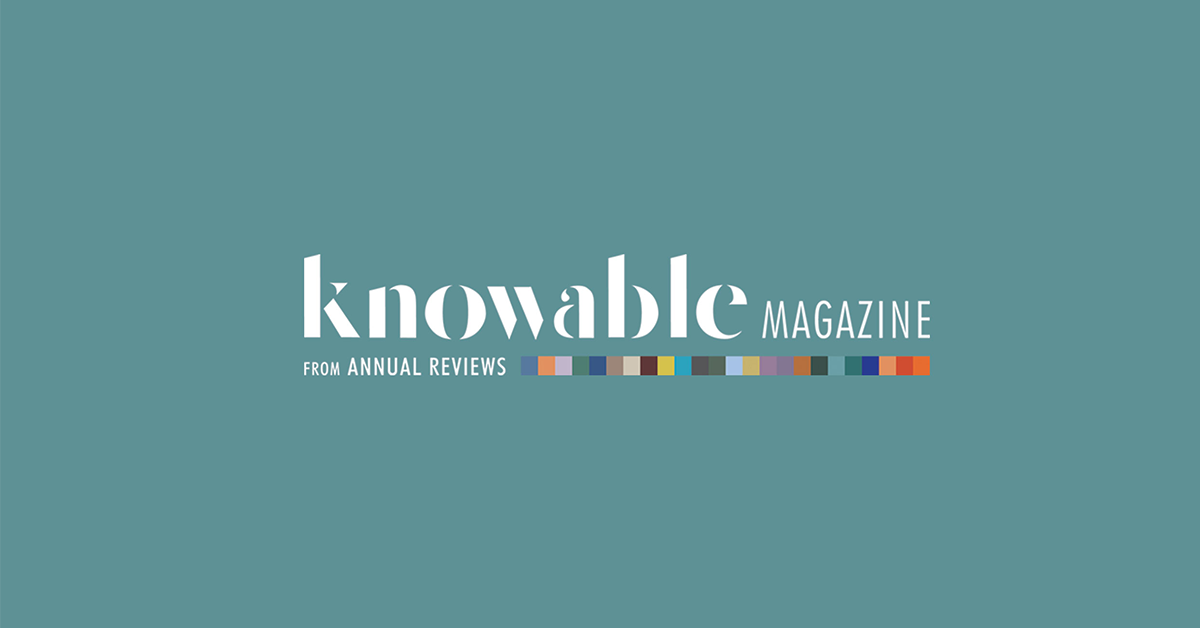opinion articles
Send us a link
EU Will Be 'Shooting Itself in Foot' if It Bars UK, Switzerland, Israel from Quantum and Space Projects
EU Will Be 'Shooting Itself in Foot' if It Bars UK, Switzerland, Israel from Quantum and Space Projects
Excluding researchers based in the UK, Israel and Switzerland from major EU quantum and space research projects would see the bloc "shoot itself in the foot", according to German MEP Niklas Nienass, spokesman on space for the Parliament's green group.
How Do You Treat Coronavirus? Here Are Physicians' Best Strategies
Doctors are applying a torrent of COVID-19 research to patient care, from first symptoms to recovery
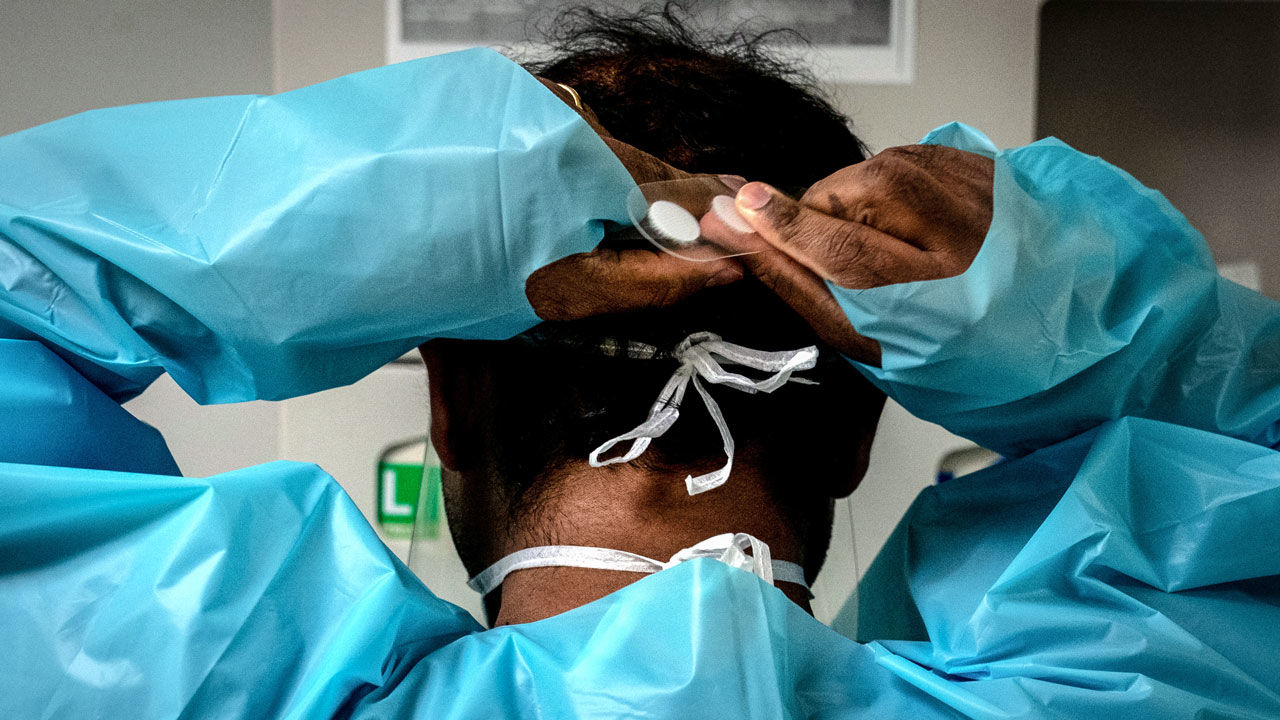
Goals-based R&D Policy: High Popularity, Low Effectiveness - What is the Likelihood of the UK Reaching Its Target of Spending 2.4% of GDP on R&D by 2027? - HEPI
Goals-based R&D Policy: High Popularity, Low Effectiveness - What is the Likelihood of the UK Reaching Its Target of Spending 2.4% of GDP on R&D by 2027? - HEPI
A few days ago, the head of UK Research and Investment, Professor Dame Ottoline Leyser, said the Government's target of having 2.4% of GDP spent on research and development (R&D) by 2027 was 'very challenging'. Here, Adão Carvalho of the Department of Economics at the Universidade de Évora in Portugal considers the poor record of such past […]

There's No Proof the Oxford Vaccine Causes Blood Clots. So Why Are People Worried?
There's No Proof the Oxford Vaccine Causes Blood Clots. So Why Are People Worried?
It's human nature to spot patterns in data. But we should be careful about finding causal links where none may exist, says statistician David Spiegelhalter

Academic-Humanitarian Technology Partnerships: an Unhappy Marriage?
Academic-Humanitarian Technology Partnerships: an Unhappy Marriage?
Working together seems like a good idea - especially when working toward a noble goal. However, little has been reported to date about the success and efficiency (or lack thereof) of such partnerships as a practical matter.
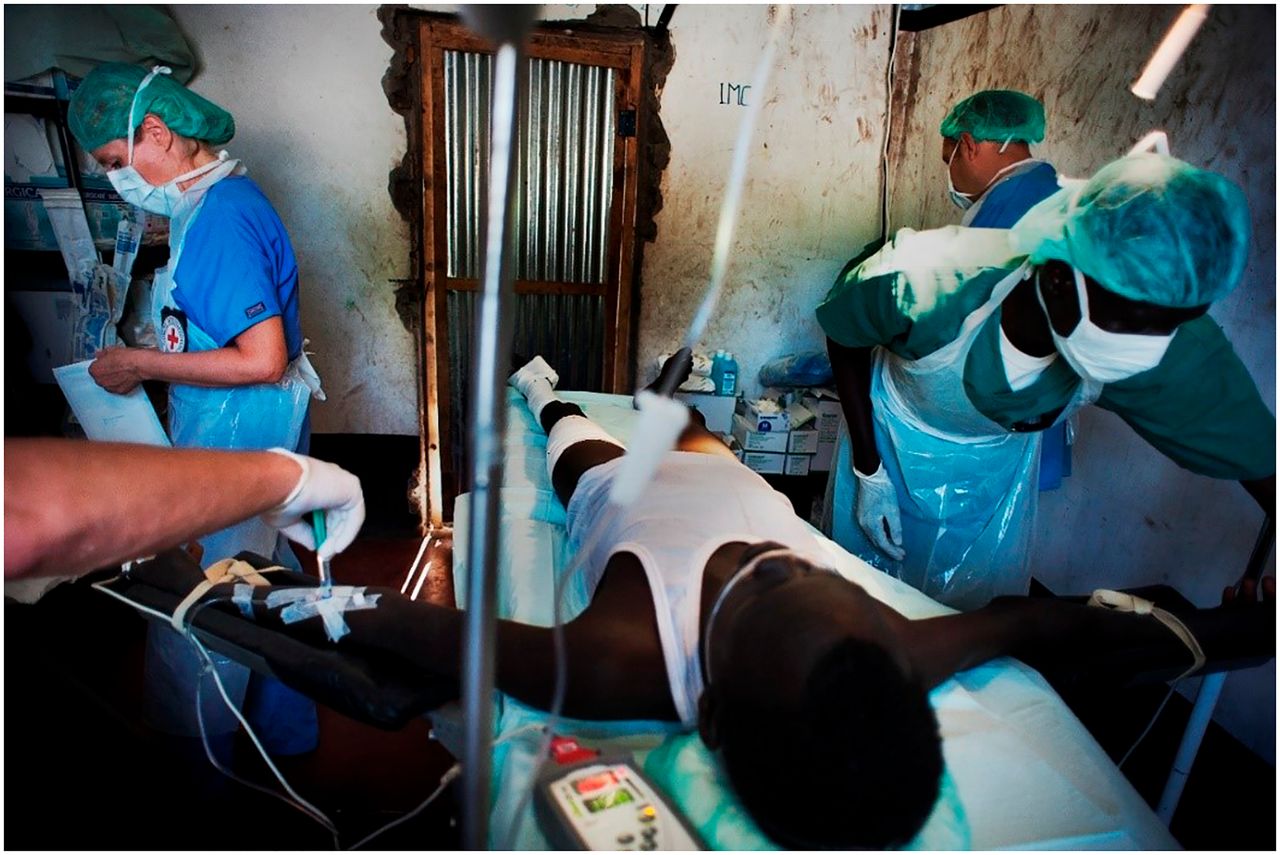
Peer Review in Transition?
In recent decades new innovations in peer review have been developed to address issues of bias and inefficiency. These innovations are multifarious, but many of them relate to openness of peer review, reviewer incentives, and technological enhancements, such as the use of artificial intelligence.
COVID is Amplifying the Inadequacy of Research-Evaluation Processes
COVID is Amplifying the Inadequacy of Research-Evaluation Processes
Systems for assessing scientists' work must properly account for a lost year of research - especially for female researchers.

The Vaccine Rollout Makes It Clear: the Randomness of Nationality Still Determines Our Lives
The Vaccine Rollout Makes It Clear: the Randomness of Nationality Still Determines Our Lives
Not one Covid jab had been administered in 130 of the world's poorer countries by mid-February, says the Guardian editor, author and presenter Kanishk Tharoor.

Immobilized by the Pandemic | Moving Forward in Academia | Nccr - on the Move
Immobilized by the Pandemic | Moving Forward in Academia | Nccr - on the Move
Academic mobility is often a prerequisite for professional development and career advancement - but what happens at a time when this mobility simply isn't possible?
Dear Grant Agencies: Tell Me Where I Went Wrong
I don't expect to get every grant I apply for, but the least agencies could do is give me a little feedback, says Juan Manuel Parrilla Gutierrez.
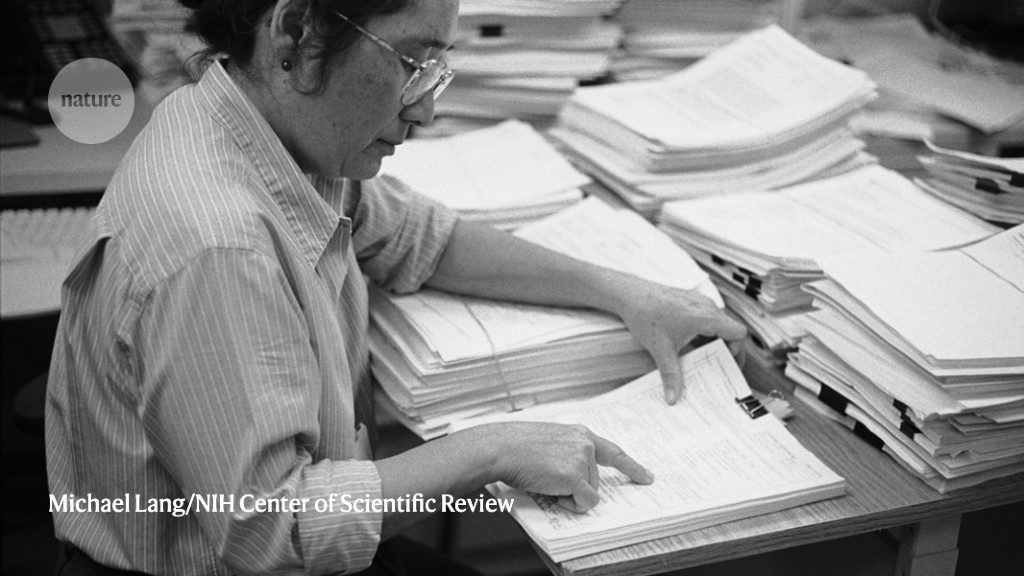
Vaccine Scepticism is As Old As Vaccines Themselves. Here's How to Tackle It
Vaccine Scepticism is As Old As Vaccines Themselves. Here's How to Tackle It
A joined-up approach is needed to make sure the public are given clear, correct information, says healthcare historian Sally Frampton

To Stop Climate Disaster, Make Ecocide an International Crime. It's the Only Way
To Stop Climate Disaster, Make Ecocide an International Crime. It's the Only Way
Outlawing ecocide would hold governments and corporations accountable for environmental negligence. We can't wait.

Science Needs a Radical Overhaul
Illusions of discovery are holding science back. But even if we wanted to do the right thing and evaluate scientific papers based on their quality, regardless of how flashy and exciting the claims of discovery may be, it’s not clear how we’d do that.

When More is More: Broad Calls for Multilingualism and Evaluation Reform
When More is More: Broad Calls for Multilingualism and Evaluation Reform
In recent years, numerous initiatives have highlighted linguistic biases embedded in current evaluation processes and have called for change. The DORA-hosted community discussion on multilingualism in scholarly evaluation was inspired by actions others have taken to address these issues.
The Publisher's Association's Impact Assessment on OA is Pretty Much As You'd Expect
The Publisher's Association's Impact Assessment on OA is Pretty Much As You'd Expect
The UK Publisher's Association has commissioned a report that seems to be their latest attempt at painting open access to research as economically damaging to the publishing sector.

Universities Need to Wise Up - or Risk Being Consigned to History
The pandemic has shown that other ways of teaching and learning are possible

I work in a nursing home. Here’s why my colleagues are skipping the vaccine
It's Good to Be a Reject
Citations, downloads, indexing - a scientific report gets all this, even if it's rejected.
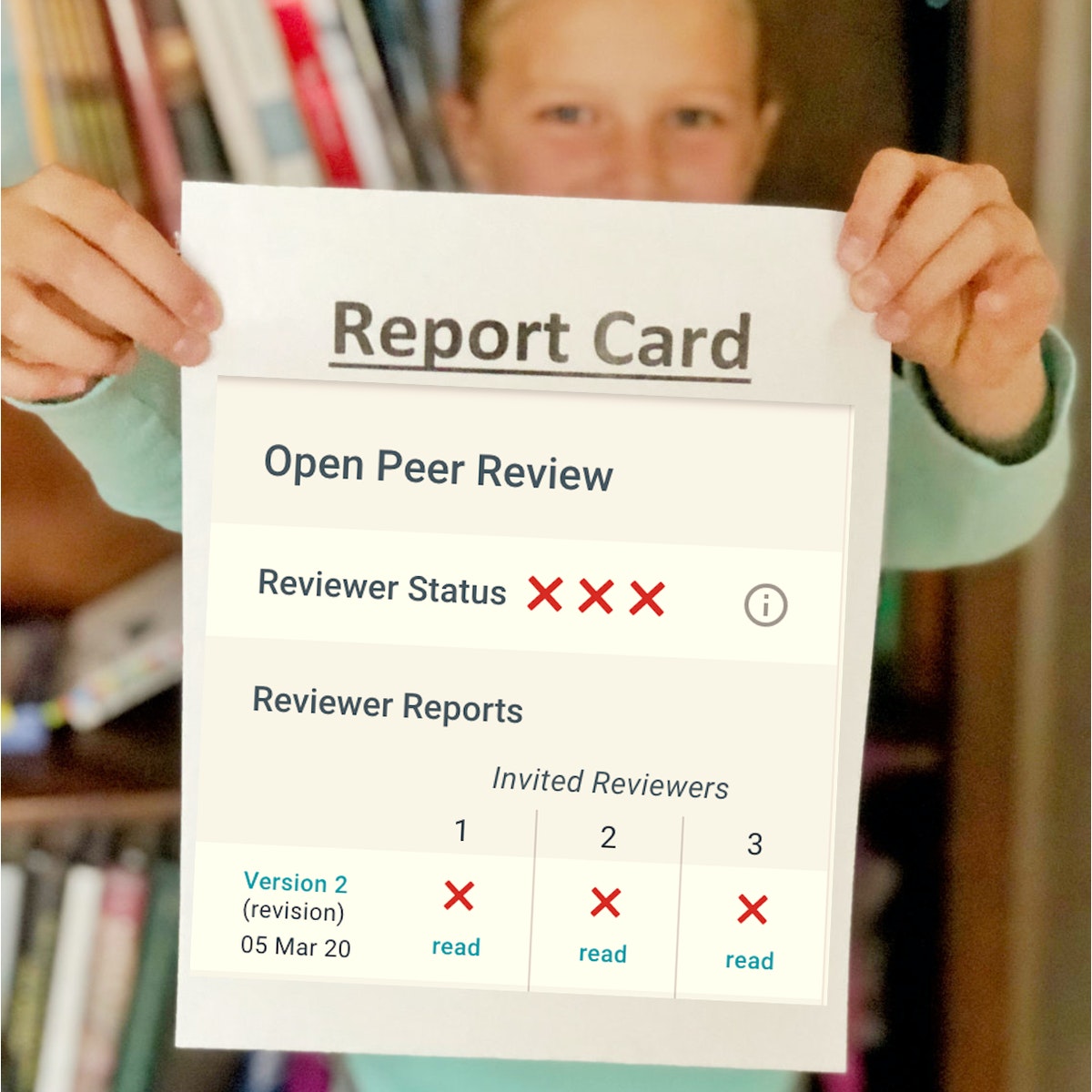
Viewpoint: Research's 'lone Genius' Image is Unhelpful
UKRI chief executive Professor Dame Ottoline Leyser on why we must recognise the vital contribution of everyone in research and innovation and debunk the Einstein myth.
Peer Reviewers - Time for Mass Rebellion?
Richard Smith spent some time reviewing two scientific papers, and the experience has made him wonder if it is time for peer reviewers to rise up in rebellion.

Publishing Philosophy Open Access Without a Particle Collider
Open Access often appears to be a monolithic concept, covering all fields of research and publication. However, in practice its application is to a large extent determined by the needs and resource…

How the Search for Covid-19 Treatments Faltered While Vaccines Sped Ahead
Significantly less government funding was put towards researching treatments than vaccines. And national efforts to coordinate and recruit sick patients into trials were insufficient. The next few months will still bring many sick people - and doctors have woefully few drugs with which to treat them.
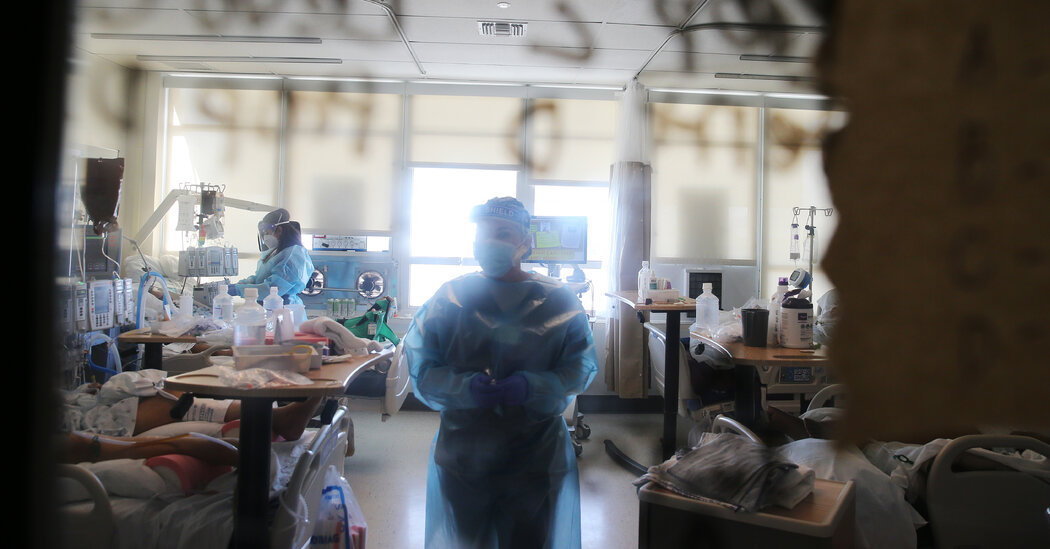
Jeremy Farrar: Until We Are All Safe, No One is Safe. Covid is a Global Problem
Jeremy Farrar: Until We Are All Safe, No One is Safe. Covid is a Global Problem
The head of the Wellcome Trust warns that vaccines and research must be shared equitably among all nations

Don't Believe the Hype: Repositories Are Critical for Ensuring Equity, Inclusion and Sustainability in the Transition to Open Access
Don't Believe the Hype: Repositories Are Critical for Ensuring Equity, Inclusion and Sustainability in the Transition to Open Access
The rhetoric of some scholarly publishers lately has shown a troublesome trend with respect to Open Access repositories (often referred to as Green OA).

Publishers Still Don't Prioritize Researchers
Scholarly publishers still do not meet researchers' needs. Doing so would require that they rethink existing businesses and organizational models.
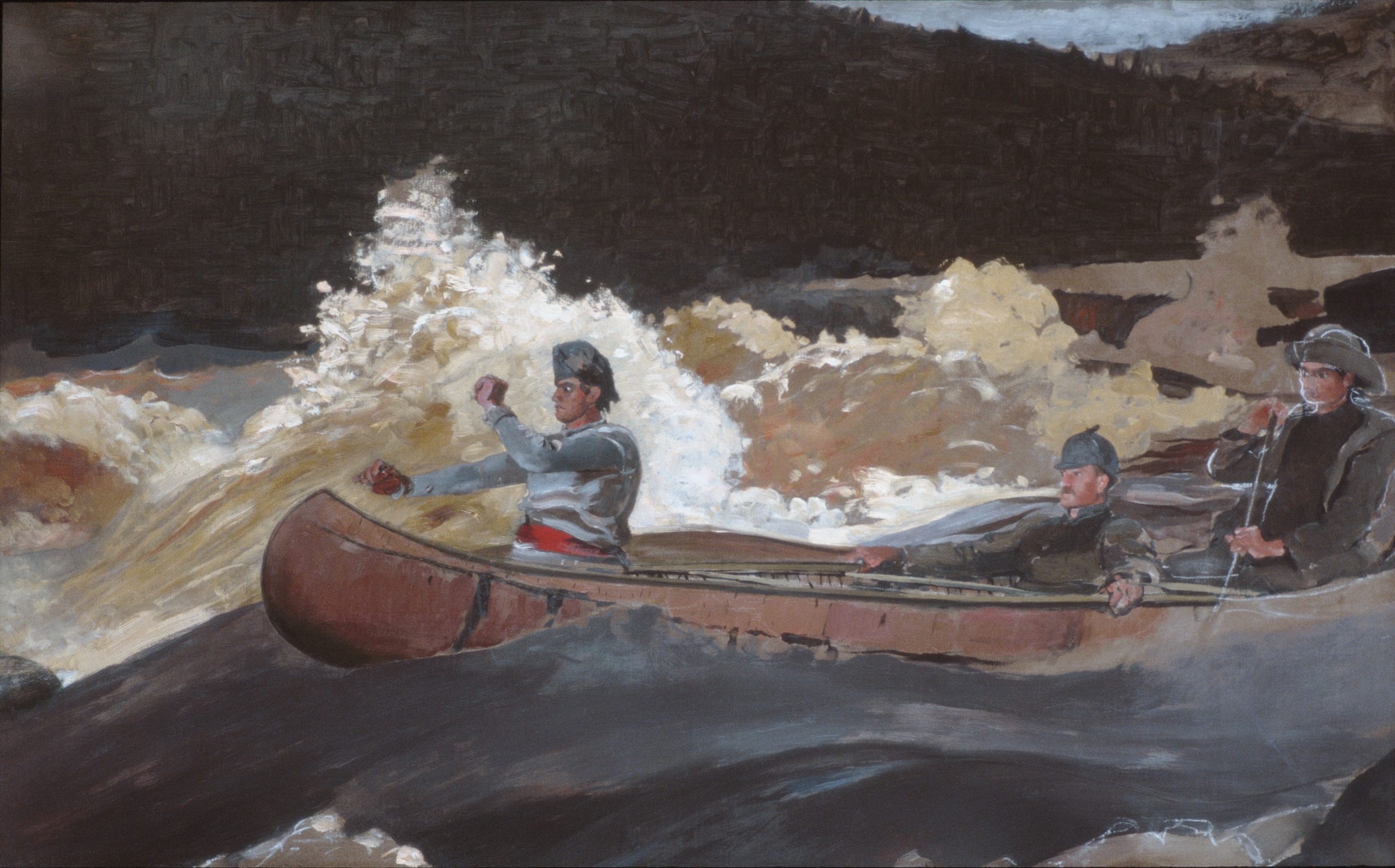
The Role of Science in the News (and Elsewhere)
Did COVID change the way the public, and the scientists, interpret and discuss scientific results? Statisticians think it looks like the same old problems prevail, only inflated.


